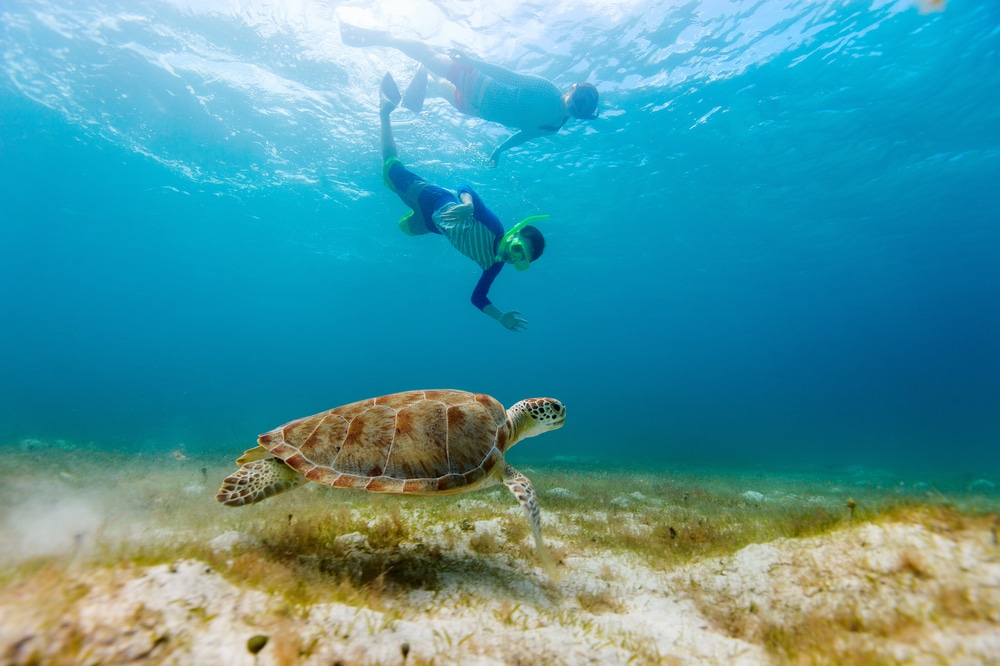Despite declining fertility rates in the US and a handful of other countries, our population is on track to grow exponentially in the coming decades. At the same time, Earth has entered the sixth mass extinction. It is one that rivals the extermination of the dinosaurs and 76% of life on Earth. However, unlike past extinction events caused by natural global pulses, humans have already caused the extinction of nearly 60% of wildlife. And these trends are accelerating (1).
Animals are disappearing and humans are to blame.
We will fail our children and future generations if we do not take significant action to mitigate our impact on the planet and wildlife.
The vast and detrimental changes to Earth’s ecosystems are largely to meet our rapidly growing need for food, fresh water, timber, fiber, minerals, and fuel. They are the result of irresponsible human overpopulation, consumption, and a false-dependency on economic growth (2). It is becoming alarmingly clear that the demand we put on the planet is unsustainable. Although there are been substantial gains in human physical well-being and economic development for a few, the long-term costs are now being experienced in the form of climate change, habitat destruction, pollution, disease, war, displacement, hunger, and mass mortality in humans and nearly all other life forms (3)
But effective change cannot happen without an informed scientific assessment to guide those strategies. That is why Having Kids is partnering with the Institute for Human-Animal Connection at the University of Denver to research individual impact on other species. Dr. Sarah M. Bexell is serving as the principal investigator on the project titled, the Animal Mortality Footprint Calculator.
A similar tool has been developed to assess human individual impacts on the natural environment as a whole through the Ecological Footprint Calculator. And while estimates are available about the number of animals typically consumed for food, which measures in the billions in the U.S. alone, this research will go further to consider the cost to other species. The project will develop the algorithms to calculate the average number of animals that die to support the lifestyle of one human individual.
This information will make a clear case to policymakers, economists, conservationists, environmental and social scientists, the philanthropic community, local communities, and citizens of the urgent need for consequential behavior change in terms of family planning and family size. The Animal Mortality Footprint Calculator will expose the inescapable truth of the direct impact that each person imposes on the most vulnerable beings.
We know that choosing smaller families is the best way to protect for all animals, including humans.
Unfortunately, the animal protection community has largely avoided that fact. A key aim of this project is to increase support of the Fair Start Model of family planning by animal advocates as well as communities everywhere.
We must start a larger conversation on the choice to have smaller families size to protect biodiversity and the planet, and to reduce animal suffering caused by human activity. Sustainable family planning creates a path forward to a habitable world for all kids and animals.
We will share updates as this research progresses. In the meantime, add your name to our open letter to the U.N, and learn more about the impact of humans on animals.
- WWF, 2016
- Global Humanitarian Forum, 2009; Millennium Ecosystem Assessment, 2005; WWF, 2014; 2016
- e.g., Ceballos, et al., 2015; Cohen, et. al., 2017; Dockery & Evans, 2017; Raworth, 2012; Rockstrom et al., 2009

